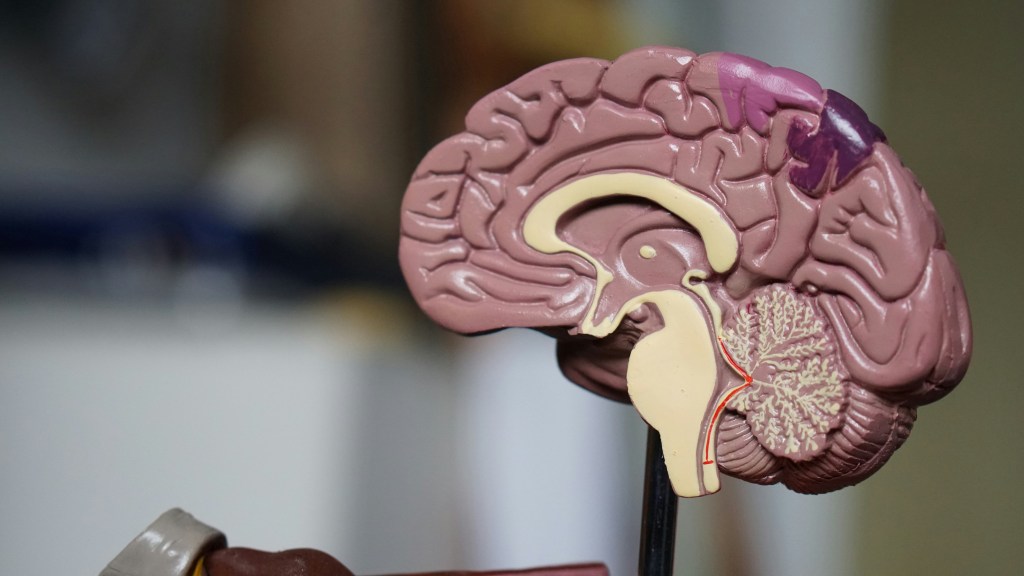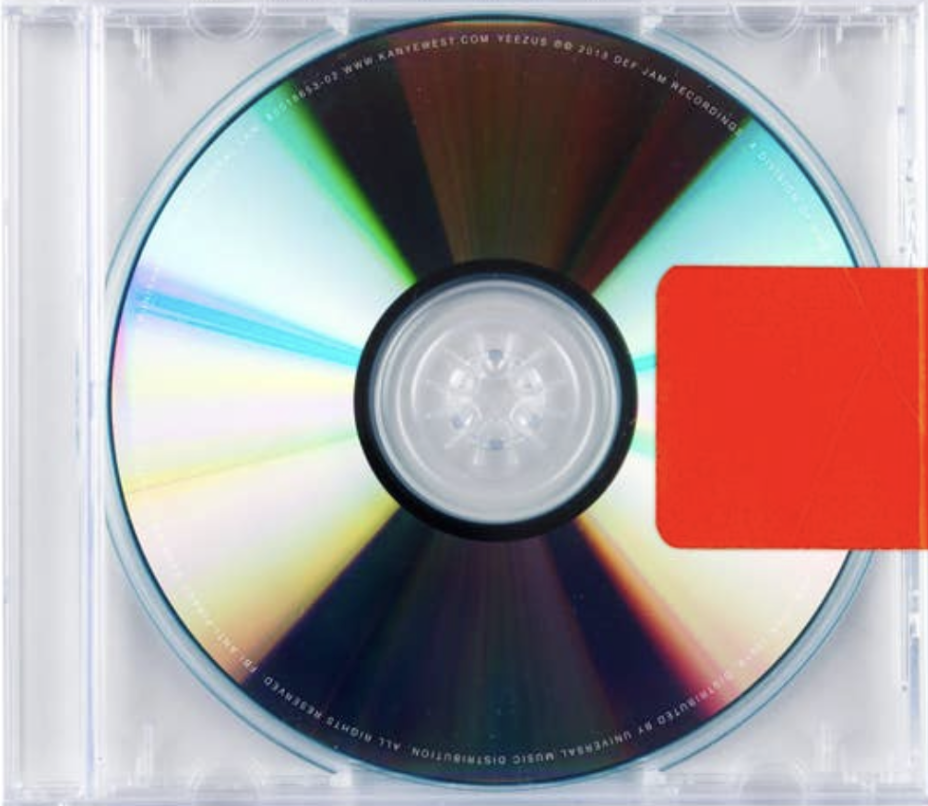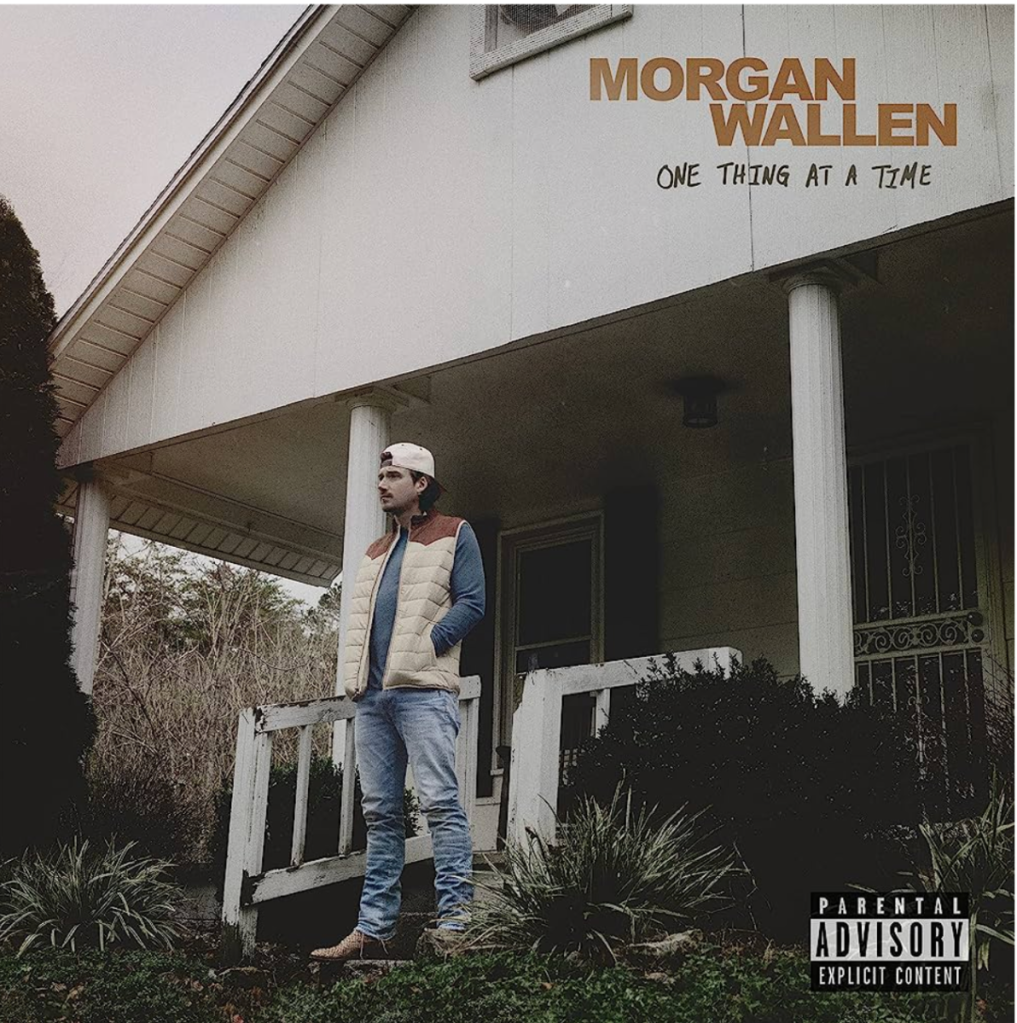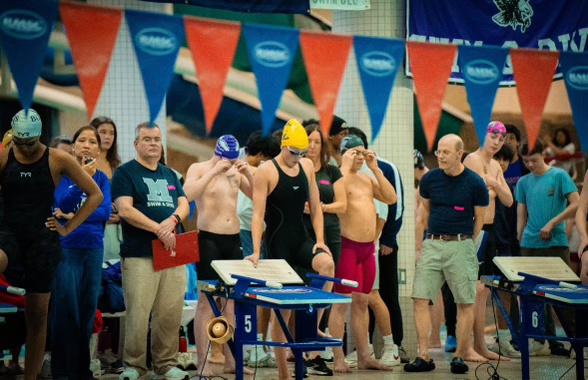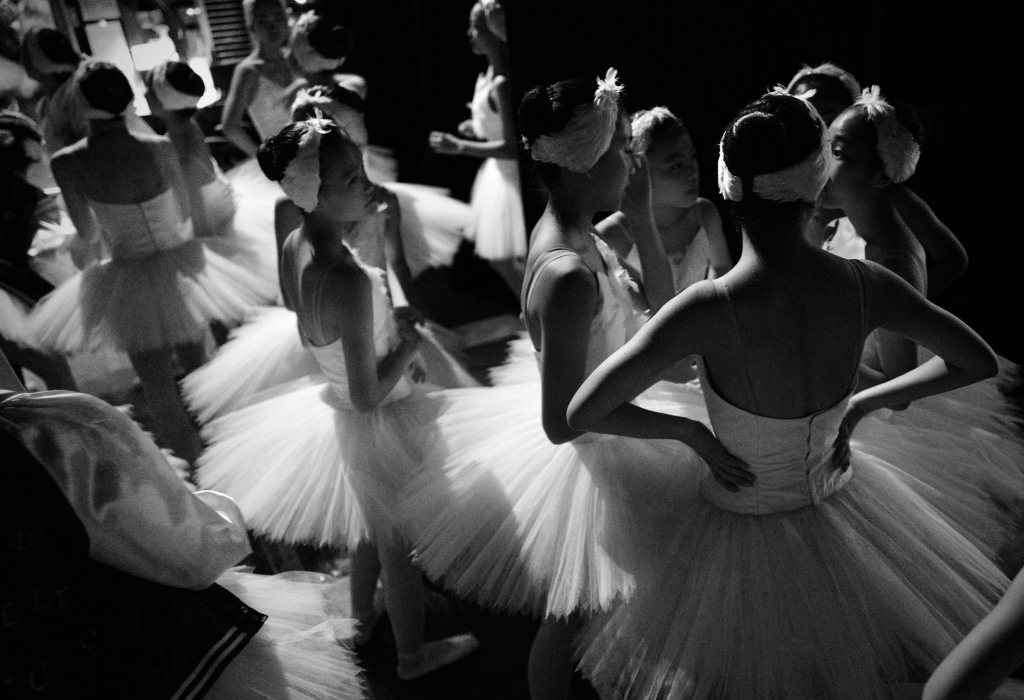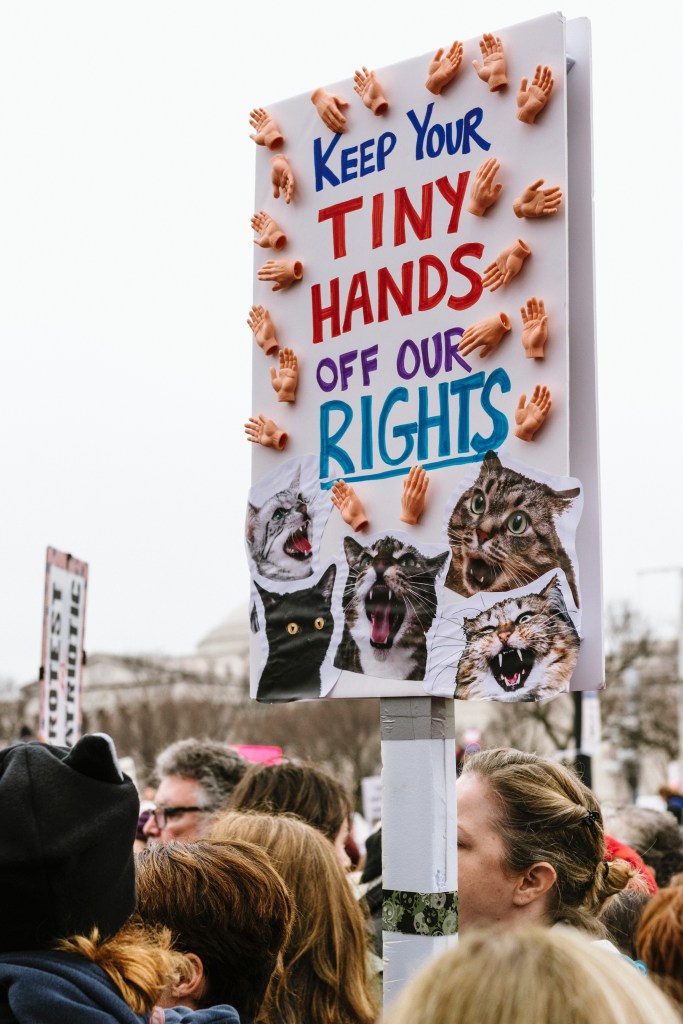by Joshua Crawley
Johns Creek High School
“Ref make the damn call!” Two minutes into the game and the parents were already going. “Referee how is that not a f****** foul?!” Maybe because the kid tripped over his own feet. “This ref is shit!” Not even halftime yet and I’ve heard everything and more. “Ref go to h***!” These are 9 year old kids out here playing recreational soccer, it can’t be that deep to you.
These were the kind of things I heard the first game I worked as an assistant referee. My first game ever. From the minute the first whistle was blown, it seemed like the parents were more worried about me than their own kids out on the field. They yelled and verbally abused me the whole game.
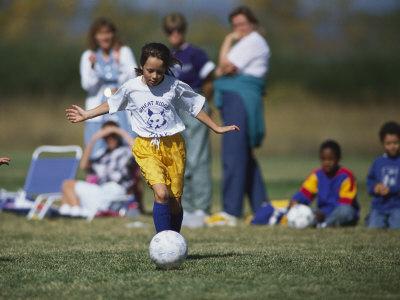
It ranged from screaming, to profanity, to things 8 year old kids just shouldn’t be hearing. Every time I made or didn’t make a call, it seemed like a fire went off behind me. I remember one dad slamming his hat on the ground and stomping and screaming at me and my other referees. Sometimes, they would even come up behind me and yell.
Now that I have much more experience as a referee, I am more composed under circumstances like those. At the time though, the whole thing had me a little shaken. Not too long ago, I was refereeing a final of a tournament all by myself. The parents were worse than the first time, at one point a dad stepped onto the field arguing a call I made. At that point, I stopped the game for a minute and told the whole sideline to let the kids play. I tried to say it as confidently as I could, but under these circumstances, it became hard.
This is just a small example of a bigger problem though. Across the United States, parents abusing referees is turning into a major problem. Just a few years ago in 2021 in California, a man angry about a call in a recreational game of 11 year olds ran across the field and decked a referee that was half of his size. The parent received a red card, but the issue was clear to see. Parents have gotten out of control in youth soccer.
Another problem with this is that they teach their kids that this is ok. That it’s ok to act like that when you don’t get your way, that it’s ok to mistreat officials, that it’s ok to be aggressive with people whenever you want. At the end of the day, parents have to do better.
Sometimes, parents wonder why they don’t have enough referees. This is why. Earlier this year in February, in Pennsylvania, the state referee administrator announced that they were in need of many referees to let games go on as scheduled. CBS News reported that the main reason for the lack of referees stems from people unwilling to deal with unruly spectators. It’s not only Pennsylvania though, as across the country, referees are needed in many places. Many of these referees are teenagers, and when crowds of 50 year old men are yelling at us forever, it becomes a lot to deal with.
Regardless of what’s happening on the field, parents’ behavior is not condoned. Even if referees do make mistakes, parents need to be patient. We don’t have all the technology and perfection required to get every single call spot on at the youth level. With that being said, referees are human and just like other people. Parents need to focus on cheering and supporting their kids and focusing on the game itself. The referees are there to make the game run, but lately parents seem to want to make the game about the refs.
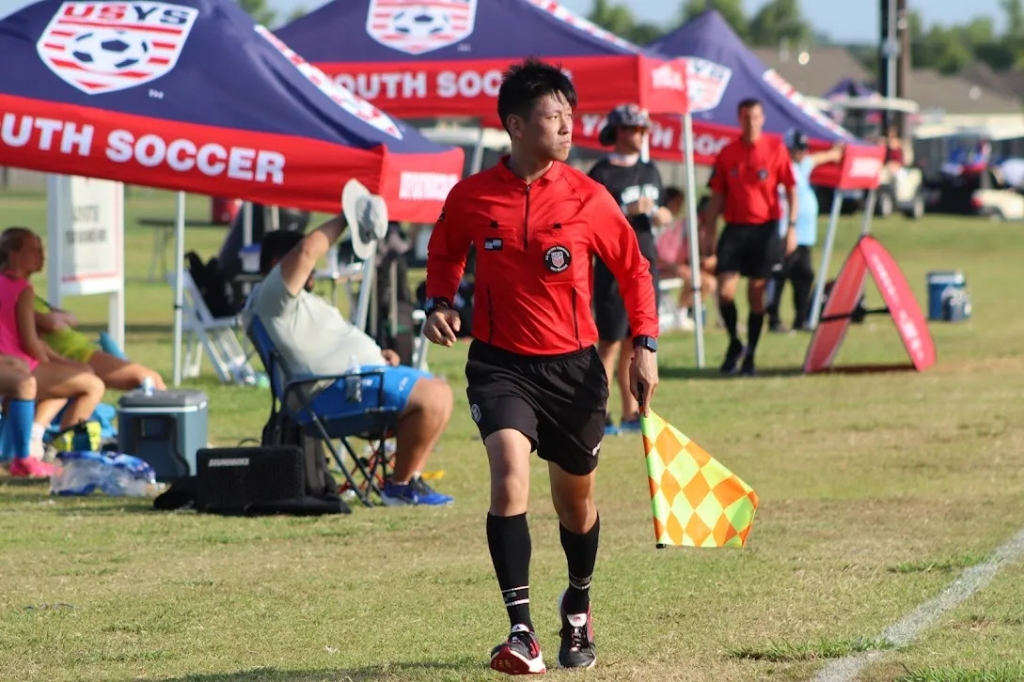
Since I was a kid, my parents have always respected referees, so I have followed suit. Other than the occasional “c’mon ref,” they don’t do too much. A “c’mon ref” is ok. What’s not ok is the screaming profanities, the inappropriate comments, and disrupting the flow of the game. My parents come to the game and cheer on my team. A bad call here and there goes unnoticed because the game is so fast and they make the game about us players. When parents stop worrying about the refs, the game flows and is a lot more enjoyable to watch.
“Ref make the damn call!” Sometimes refs want to react, but they are told that is not their place. Solutions to this are hard to come by right now. For me one time out of all my times refereeing, an assignor came over and told the parent he needed to calm down or leave. That calmed the man down until the assignor was out of earshot, and then he was at it again. Parents are going to be parents, but they need to be better.


